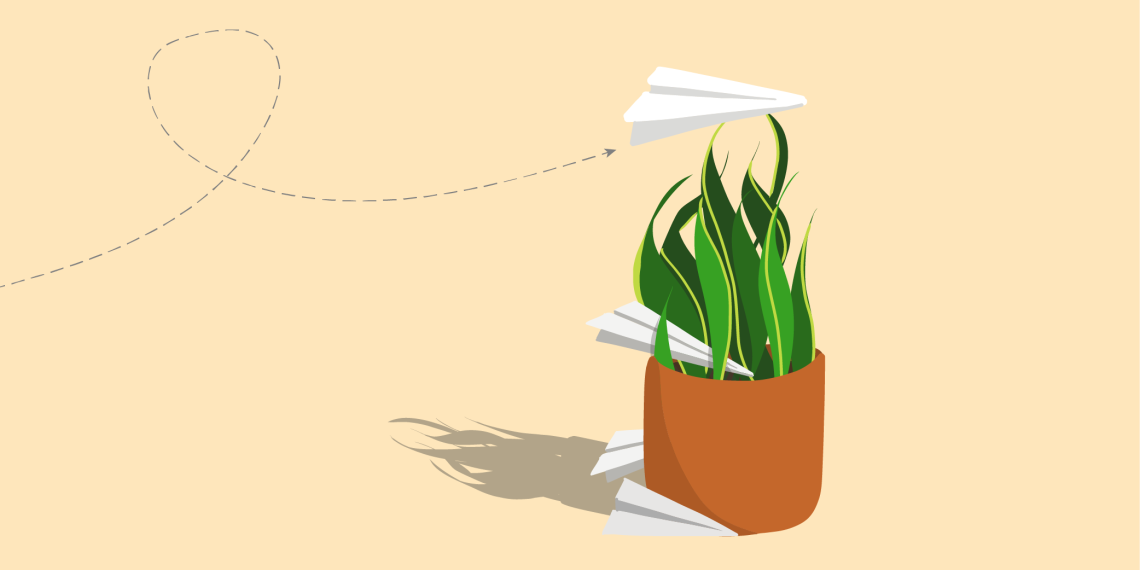edicine can be a grueling environment that often leaves little time for processing loss or pain before moving on to the next challenge. Even the term “resident,” which originally referred to trainees who literally lived in the hospital during their training, reflects this culture of self-sacrifice for the greater good. While this work ethic often yields success, it has also created a workplace that can foster intense competition and isolation.
Trainees often sacrifice their own physical and mental health in the service of patient care. Medical residents experience higher levels of depression and suicide than the general population.1,2 Isolation from peers and family and the chronic self-doubt of imposter syndrome can make the experience of residency even lonelier. With 80+ hour work weeks, finding time for self-care can be difficult. We owe our trainees protected space for connecting with one another to process these experiences and heal.
Addressing resident well-being: “culture shift”
During the first two years of medical school I (Katie), struggled with depression. Without patient interaction, I struggled to find meaning in my coursework and questioned my decision to go into medicine. Basic science concepts did not come easily to me, and my anxiety before taking Step 1 was paralyzing. Starting residency, I was worried about being discovered as a fraud who had no place becoming a pediatrician.
Fortunately, during my intern year at Massachusetts General Hospital for Children in Boston, my program offered a protected wellness curriculum called “Personal and Professional Development” that fostered psychological safety, community, and connection among residents. Facilitated by Dr. Susan Hata and Dr. Rob Meyer, the program created protected monthly space for us to process personal and professional grief and joy—divorces, births, patient deaths, cancer remissions—while also equipping us with tools to help us thrive, such as cultivating gratitude, mindfulness, and wonder in medicine. We could also normalize making mistakes or feeling burned out, experiences we otherwise likely would have assumed were uniquely ours.
That curriculum inspired the creation of the Resident Wellness Elective here in Utah, as well as the pediatric residency program’s longitudinal Cultivating Compassionate Community noon conference series. Wellness shouldn’t be an extra task you have to do when you’ve just finished a long shift—it should be an integral and protected part of our training.
Restoring humanity to our health care system
These cultural shifts don’t happen overnight. One of the primary perceived barriers is that the busy resident schedule leaves no time for wellness. However, as we find ways to integrate wellness into residency programs, the culture is slowly changing. We now often hear from different departments proactively requesting support for trainees. We’ve seen grassroots efforts merge with top-down efforts from physicians, who are now encouraging residents to take time for themselves. We are making choices that honor the value of self-care and recognize the humanity of our trainees. Trainees who feel empowered to be vulnerable, seek out connection, and embrace growth help restore humanity to a health care system that sometimes feels isolating and mechanized.
The Residency Wellness Elective
Our two-week wellness elective is designed to foster resiliency in our trainees. Through interactive workshops focused on mindfulness, positive psychology, effective communication, and self-care, we aim to combat stress and burnout, and promote teamwork and peer support.
Our sessions focus on different aspects of holistic health. Some of these workshops include:
- Peer Support Training/Suicide Prevention
- Grit and Resiliency
- Medical Error
- Identity, Race, and Power
- Mindful Practice
- Arts and Humanities in Medicine
Overall, our courses aim to:
- Improve patient care by developing trainees’ internal sense of wellbeing, compassion, and presence.
- Focus on practice-based learning and growth.
- Promote medical knowledge founded on self-care, balance, and wellness.
- Improve peer communication and professionalism.
Our course provides a psychologically safe space for participants to share their experiences with authenticity and without fear of judgment. Following positive feedback from our inaugural course in 2019, we’re holding a second session this year. Our 2020 course begins today and includes participants from a variety of residencies and fellowships.
There is courage in vulnerability
It takes courage for health care workers to show up to work each day knowing there is the potential for unintended harm to another human being. Vulnerable connection about the highs and lows of medicine strengthens our community and can help each of us find the courage to show up again and again. We owe it to our trainees to create a protected support system that honors their courage, offers tools to build resilience, and affirms their belonging in a community of providers who are all human.
Interested in developing a “Wellness Elective” for your team/trainees? Please reach out to Katie Gradick.
References
- Mata DA, Ramos MA, Bansal N, et al. Prevalence of Depression and Depressive Symptoms Among Resident Physicians: A Systematic Review and Meta-analysis. JAMA. 2015;314(22):2373-2383. doi:10.1001/jama.2015.15845
- Kalmoe MC, Chapman MB, Gold JA, Giedinghagen AM. Physician Suicide: A Call to Action. Mo Med. 2019;116(3):211-216.
Originally published November 25, 2020
Katie Gradick
David Sandweiss
Amy Armstrong
Rob Davies
The U of U Health Resiliency Center shares a growing list of resources you and your team can use to continue building resilience together.
GME Wellness Director Rob Davies explores the practice of gratitude journaling—writing down “three good things” every day for two weeks. This simple exercise can profoundly impact your overall sense of wellbeing.
We’re all managing unprecedented stress and fear. What is “normal” right now? How do I cope? Social worker Jean Whitlock describes how our body protects us and offers some strategies to help.
